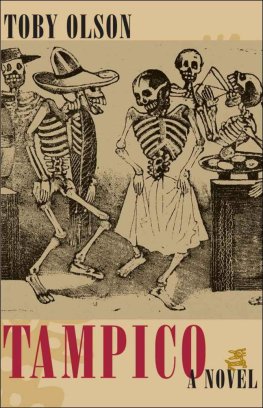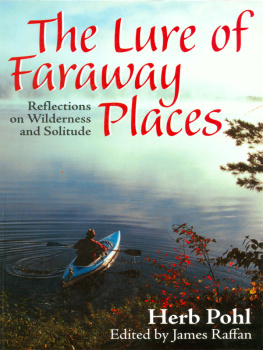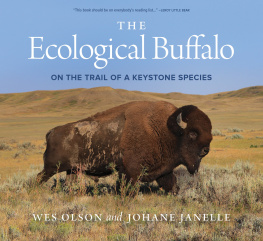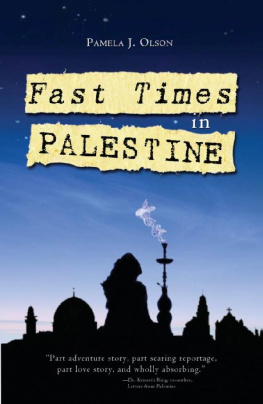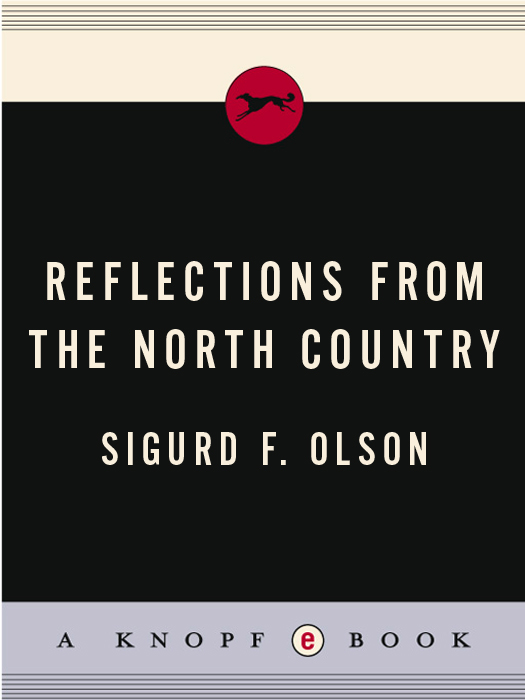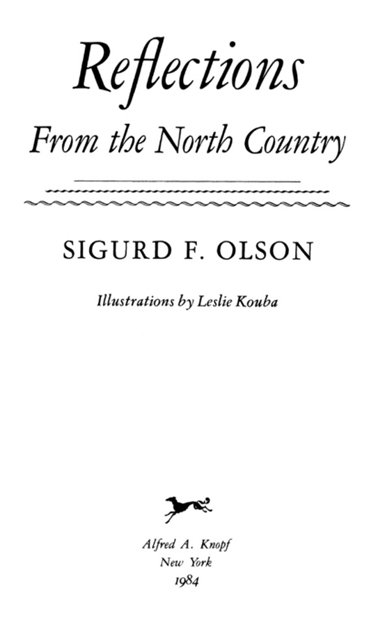Other Books by Sigurd F. Olson
THE SINGING WILDERNESS
LISTENING POINT
THE LONELY LAND
RUNES OF THE NORTH
OPEN HORIZONS
WILDERNESS DAYS
THE HIDDEN FOREST
Illustrated by Les Blacklock
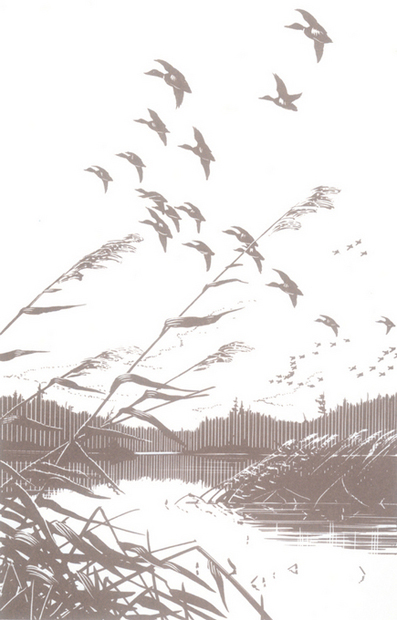
THIS IS A BORZOI BOOK PUBLISHED BY ALFRED A. KNOPF, INC.
Copyright 1976 by Sigurd F. Olson
Illustrations Copyright 1976 by Leslie C. Kouba
All rights reserved under International
and Pan-American Copyright Conventions.
Published in the United States
by Alfred A. Knopf, Inc., New York,
and simultaneously in Canada
by Random House of Canada Limited, Toronto.
Distributed by Random House, Inc., New York.
Grateful acknowledgment is made to
Dodd, Mead and Company, Inc.,
and McGraw-Hill Ryerson Ltd. for permission to
reprint selections from The Collected Poems of Robert Service.
Library of Congress Cataloging in Publication Data
Olson, Sigurd F [date]
Reflections.
1. Nature. I. Title.
OH 81.066 500.901 7613708
eISBN: 978-0-307-76161-3
v3.1
To
Ann Langen
CONTENTS
PART ONE
Primal Heritage
PART TWO
Search for Meaning
PART THREE
The Imponderables
ACKNOWLEDGMENTS
I am grateful to my entire family for understanding, patience, and encouragement, especially to Esther for the title Reflections; to Ann Langen for her skilled editing, sound judgment, and enthusiastic participation during its preparation and final editing; to Angus Cameron and his staff for invaluable criticism, planning, and organization; and to Alfred A. Knopf, who years ago endorsed the basic idea of the book.
Appreciation for the use of excerpts from many books, articles, and essays goes to: Viking Press, publisher of The Challenge of Mans Future, by Harrison Brown; Mentor books for a statement in Religion Without Revelation, by Julian Huxley; Random House for several expressions from Human Nature and the Human Condition, by Joseph Wood Krutch; Harper & Row for a comment from the Phenomenon of Man, by Pierre Teilhard de Chardin; Harcourt Brace Jovanovich for the insight and vision in The Conduct of Life, by Lewis Mumford; NBC Television for an interview by Carl Stern with Abraham Joshua Heschel; Beaver magazine for permission to use several quotes from an article on Blair Fraser by the author; Columbia University Press for two quotations from Primitive Views of the World, edited by Stanley Diamond; Crown publishers for quotations from Ideas and Opinions, by Albert Einstein; Scribners for comments from The God Within, by Ren Dubos; Capricorn Books for two short poems by Lao Tzu as translated by Witter Bynner, also for the statement of Lin Yutang as quoted from the Wisdom of India and China; Longmans Green for the use of a brief statement from Le-Compt du Nouys Human Destiny; Macmillan Company for several excerpts from The Philosophy of Civilization, by Albert Schweitzer.
I am deeply indebted to the following for the inspiration and the wisdom they have afforded me: Henry David Thoreau, John Galsworthy, William Cullen Bryant, Bertrand Russell, I. W. Heysinger, Aldo Leopold, Loren Eisley, Henry Beston, Father Le Jeunes Diaries, Andr Malraux, John Burroughs, Ralph Waldo Emerson, William Hazlitt, C. K. Leith, A. R. Cahn, J. E. Potzger, Herman De Costa, A. Y. Jackson, Richard Proenneke, Sir James Jeans, Paul Sears, Robert Sterling North, Walt Whitman, Samuel Taylor Coleridge.
S.F.O.
REFLECTIONS
When a man has traveled the wilderness most of his life, his earliest memories steeped in beauty and the joys such experience gives, when he has watched the changes that have come not only to the land itself but to the people, their attitudes, and the world, now entirely different from the one he first knew, it is only natural to reflect on countless explorations and interpret them in the light of the slow filtrations into consciousness of an almost forgotten way of life. It becomes, in a sense, a distillation of how he feels and looks at things, the development of a point of view that encompasses his understanding of mans long relationship to nature, all living things, and the universe itself.
In a book as brief as this it is impossible to cover everything, but as I go through the process of remembering and trying to invest my recollections with meaning, readers may find the answers to questions they also may have raised. Whether I talk of timelessness, cosmic rhythms, and the slow cycles of seasonal change; or look at such personal things as aliveness, wonder, and wholeness; or attempt to enter the dark infinities of mystery and the unknownit makes little difference. What really matters is a broad perspective woven through the fabric of them all, the long view of a naturalist and wanderer through wild country and all he has written and thought about over the years.
This collection of essays is a partial summing-up of my personal beliefs, and I hope those who travel with me may hear that almost imperceptible note of harmony that runs through the grand symphony of the land I have known.
S.F.O.
PART ONE
Primal Heritage
Life in the wilderness can be a
continual contemplation and communion
with God and Spirit of those values
echoing within us all, values born of
timelessness, mystery, the great
silences, and an ancient way of life.
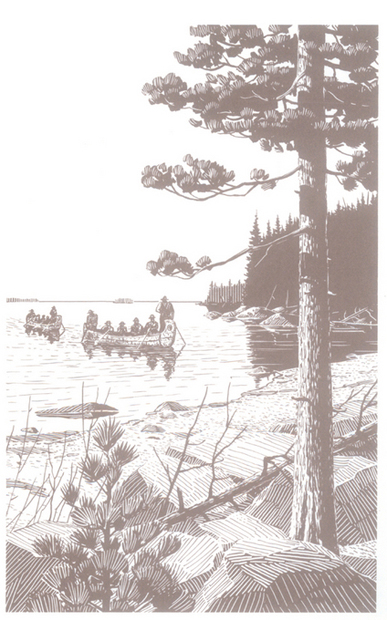
FRONTIERS
We dream of times when
there was room to breathe,
work to challenge our strength
and courage, a chance for a man
to carve out his destiny.
While I have known many frontiers over the continent, it is the era of the fur trade and exploration in the Northwest that has intrigued me most. I never lost my love of it or the thrill of following those ancient routes and facing the challenges voyageurs met when the Northwest was still unknown. I live at the edge of the famous lake region known as the Quetico-Superior, and as I look across the reaches of a waterway beyond my cabin, I think of the gaily painted birchbark canoes that once crossed those whitecapped expanses on the trail from Lake Vermilion to Grand Portage on Lake Superior.
Coming out of the mouth of the Tamarack two miles to the west, the canoemen paddled toward the entrance to the Burntside River and must have watched for a Lob pine somewhere near my point that would show the way. Sometimes I can almost hear them singing En Roulant, La Claire Fontaine, and see red-tipped paddles flashing in the sunlight. That was long ago, but the great areas of the Canadian shield mean more to me because of the adventurous spirit of those early canoemen and the love they had for a wilderness way of life.


